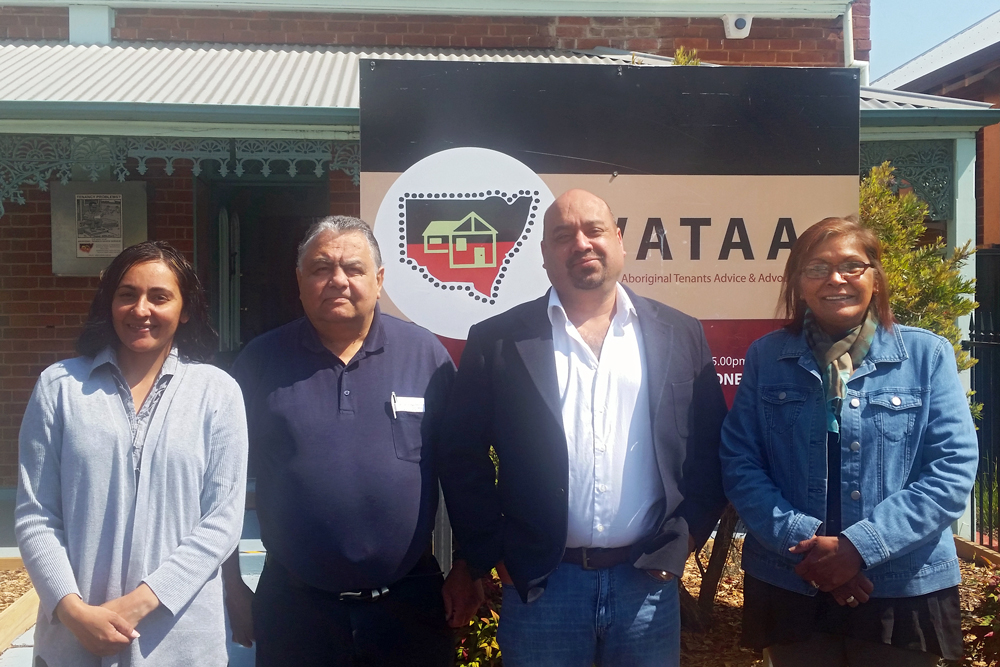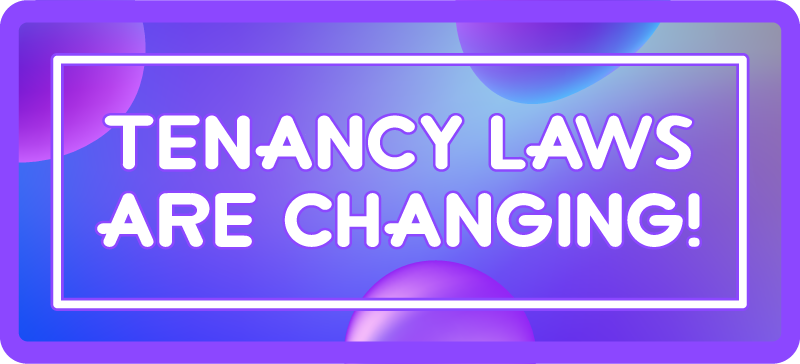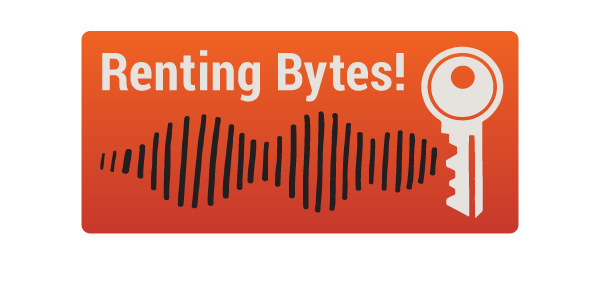Meet Jamie Love, Coordinator of WATAAS
26/09/2017

This interview introduces Jamie Love, who recently started as the Coordinator of the Western Aboriginal Tenants' Advice and Advocacy Service (WATAAS).
Why did you decide to move into tenants’ advocacy?
The opportunity to provide an essential service to Aboriginal people in housing, and as a Coordinator, to manage an office in a non-government organisation.
What areas does the Western Aboriginal Tenants' Advice and Advocacy Service (WATAAS) cover?
We cover a very large geographical area, including as far west as Broken Hill, as far north as Weilmaringal, to Lithgow and Bathurst. We work in communities such as Bourke, Wilcannia and Lake Carelego. I believe we cover about 65% of the state of NSW!
What are some of the key challenges for WATAAS in advising Aboriginal tenants?
- Distances, which require a lot of time from staff to travel, combined with us being a relatively small office with large caseloads.
- Finding effective ways to best tailor approaches to community education and developing wraparound services. This is especially challenging due to operational restrictions and the silo mentality that continues to exist with some government agencies and other service providers.
- Developing meaningful marketing material that best communicates the message to the community.
- There is also always the natural challenge of maintaining healthy relationships with social housing providers, mainstream housing providers and our clients.
In your view, how and why have Aboriginal people been denied the basic right of proper housing?
My view is that an 'industry' of sorts has been developed in Aboriginal service delivery. There are many strategies, policies, frameworks and agreements which talk about a commitment to supporting change for Aboriginal people. But these are very rarely implemented to a meaningful level. And the system never seems to change or recognise its faults. When there is a lot of money involved, protectionism occurs and the cycle continues. In my experience both in the NT and in NSW, a significant amount of funding gets absorbed in administration costs and fees instead of being meaningfully committed to the Aboriginal housing sector.
What do you see as the three key tenancy issues for Aboriginal tenants in NSW?
- Repairs and maintenance.
- Social housing tenants with Centrelink payments being able to manage their housing and other commitments.
- Coordinating wraparound services.
Have you had a rewarding moment as an Aboriginal tenants’ advocate in your first few weeks in the job?
I enjoy the atmosphere of the Tribunal. I find Tribunal work to be really rewarding, especially when I get a good outcome!
What key messages would you like to give to Aboriginal tenants before they first enter into a tenancy agreement?
- Understand your rights.
- Understand your responsibilities.
- Seek guidance and advice if in doubt.
As coordinator at WATAAS you will help a lot of people maintain their homes, what does your home mean to you?
- Security
- Stability
- Something of my own
- A place for friends and family to visit
- Independence




